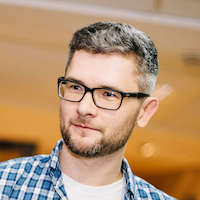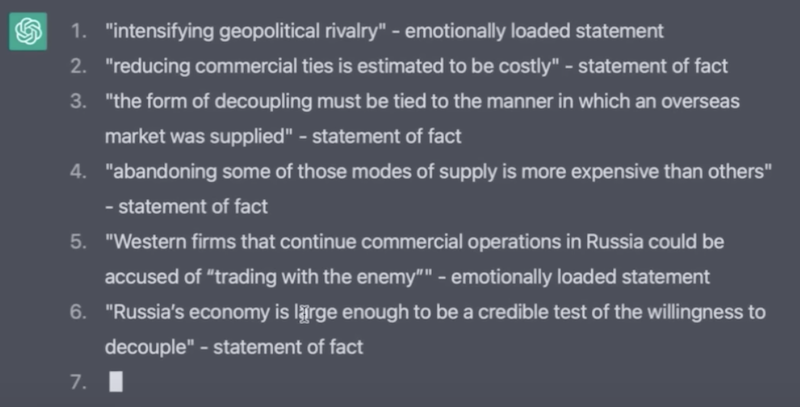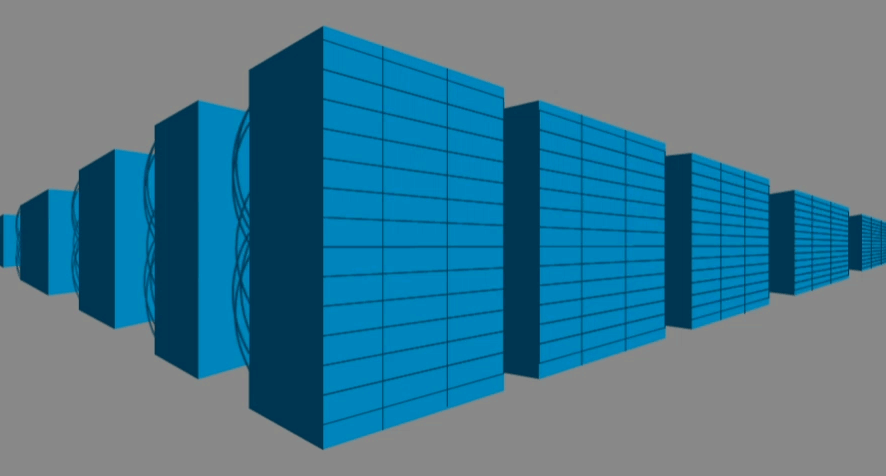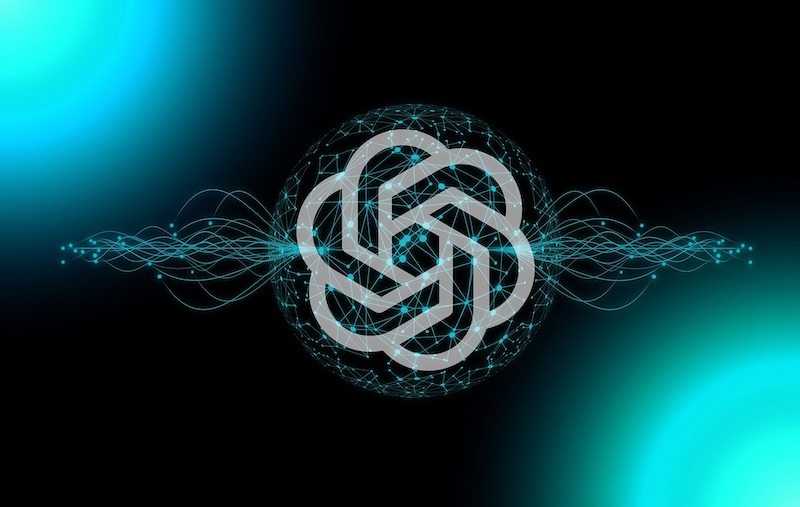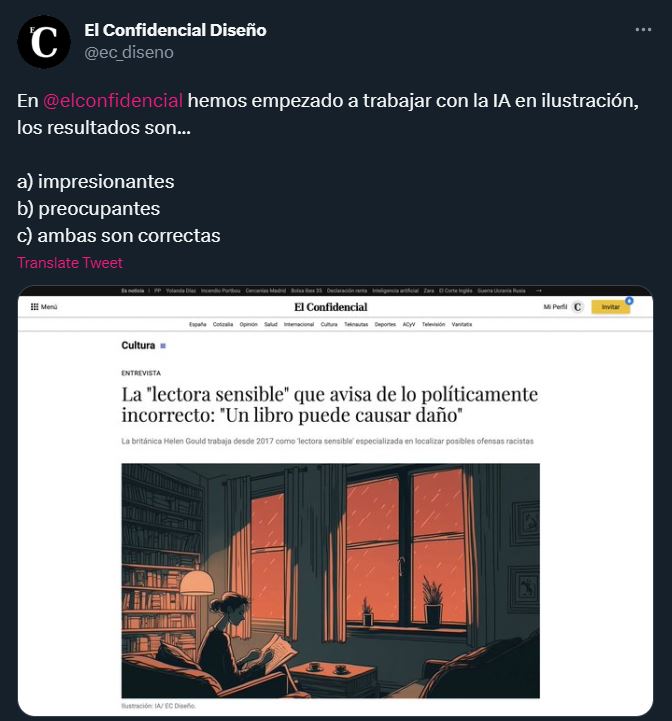“Are there any emotional sentences, loaded statements, rhetorical devices in the given text? Please identify, tokenise and list all of them.”
The text in the picture above is an answer to the prompt given to ChatGPT by the President of the Kyiv School of Economics Tymofiy Mylovanov in a masterclass dedicated to using AI to detect and combat disinformation. The text in question was a study by the University of St. Gallen in Switzerland about Western businesses who remained in Russia after its 2022 invasion of Ukraine.
“Uncovering and busting disinformation is one of the significant challenges Ukraine is facing. If you choose the prompts carefully, ChatGPT can analyse massive amounts of information ― not as well as trained humans, but in just a few minutes,” says Mylovanov.
New AI tools have a positive image in Ukraine and are used in distance learning, business meetings, budget compiling and in warfare. On the other hand, officials and experts are calling for the development of a policy on ChatGPT usage. And there are some disappointments: when ChatGPT answers to users with narratives that echo Russian propaganda.

